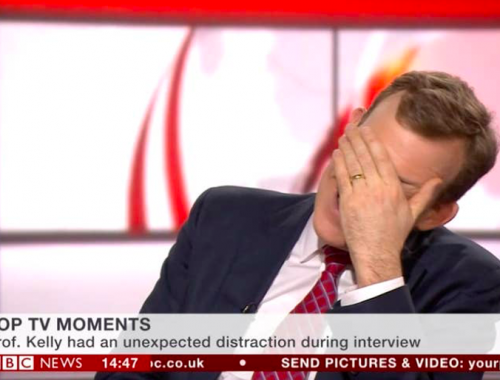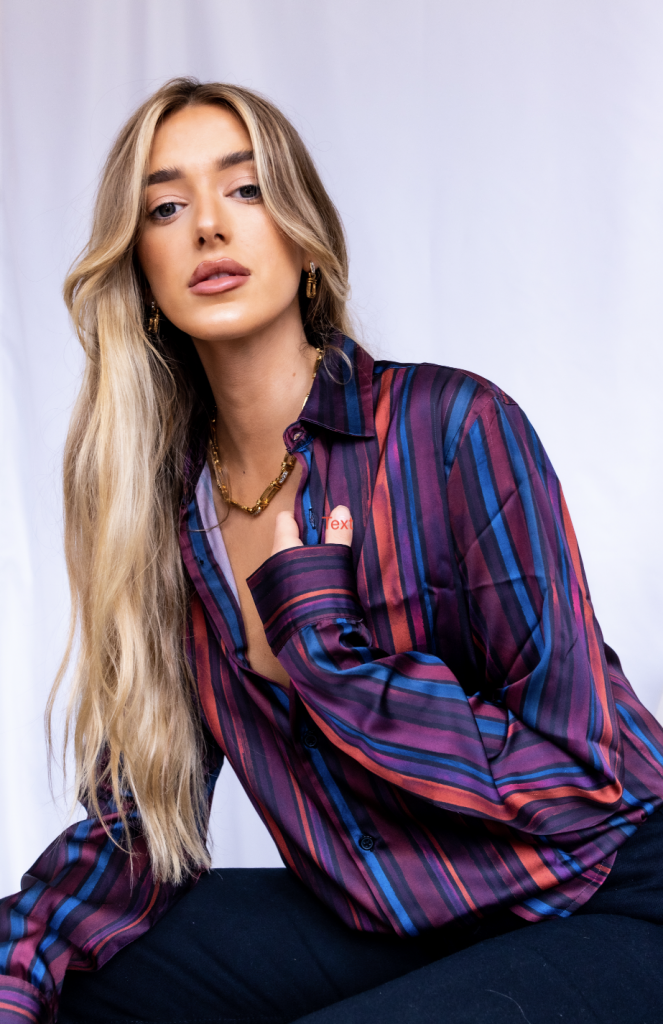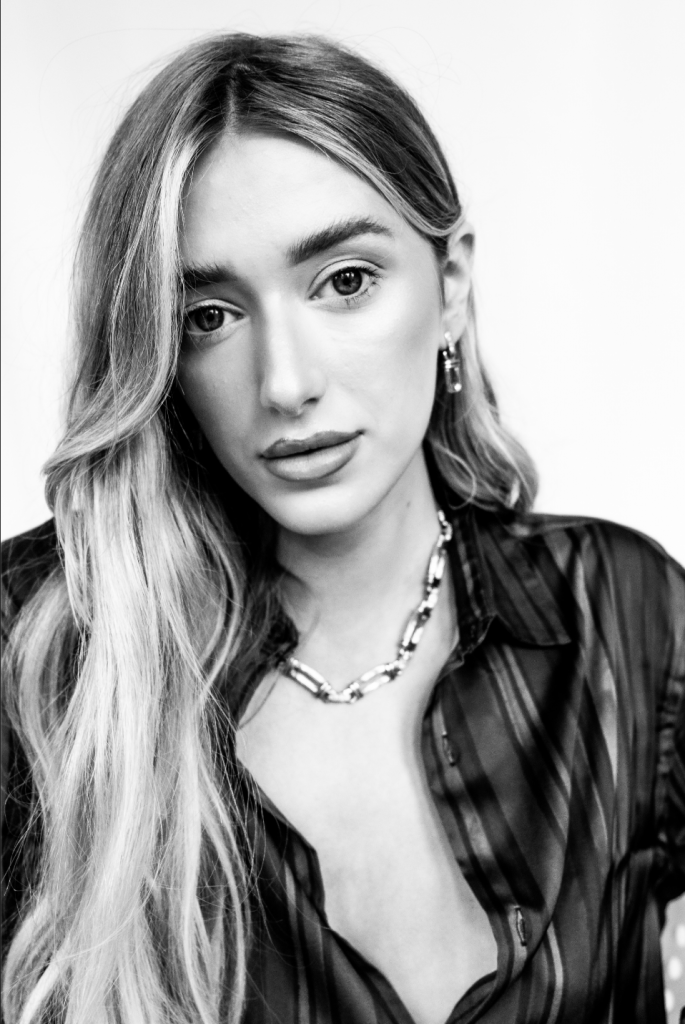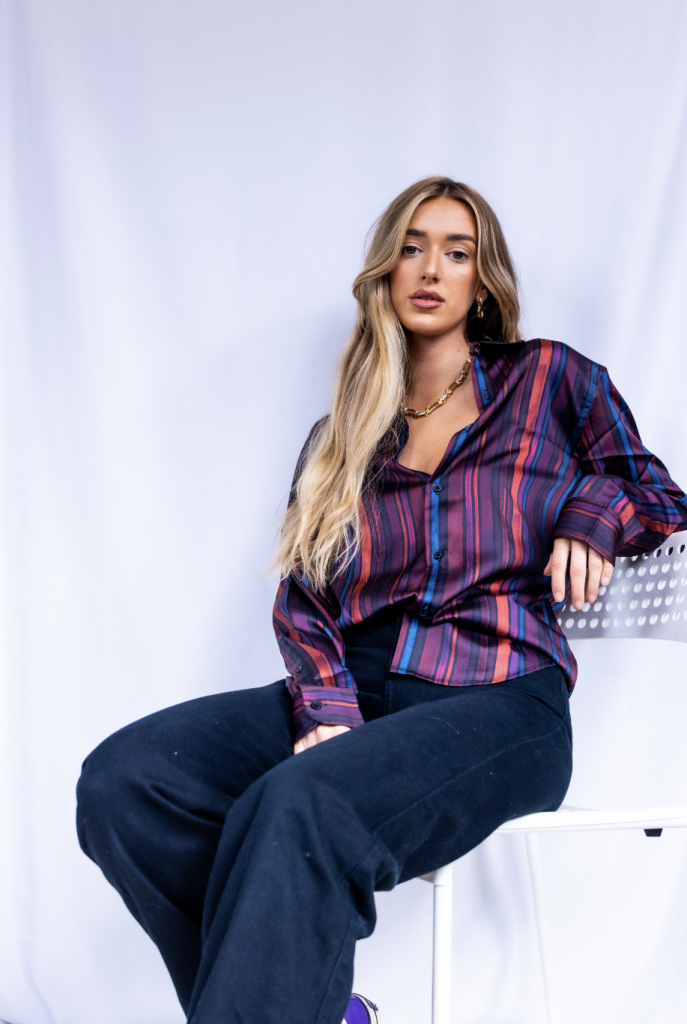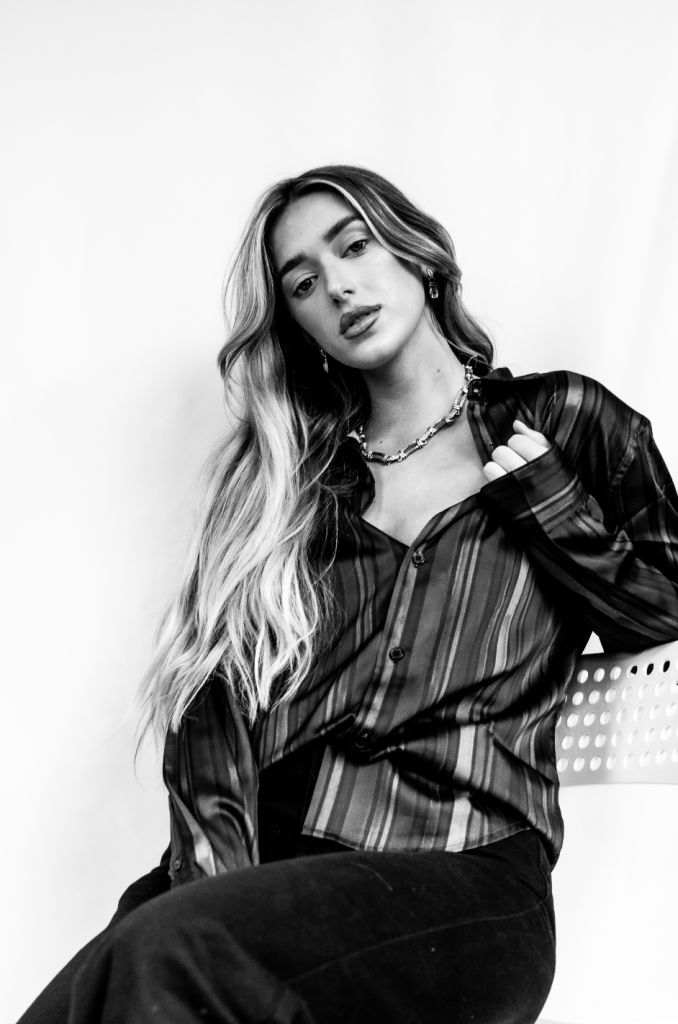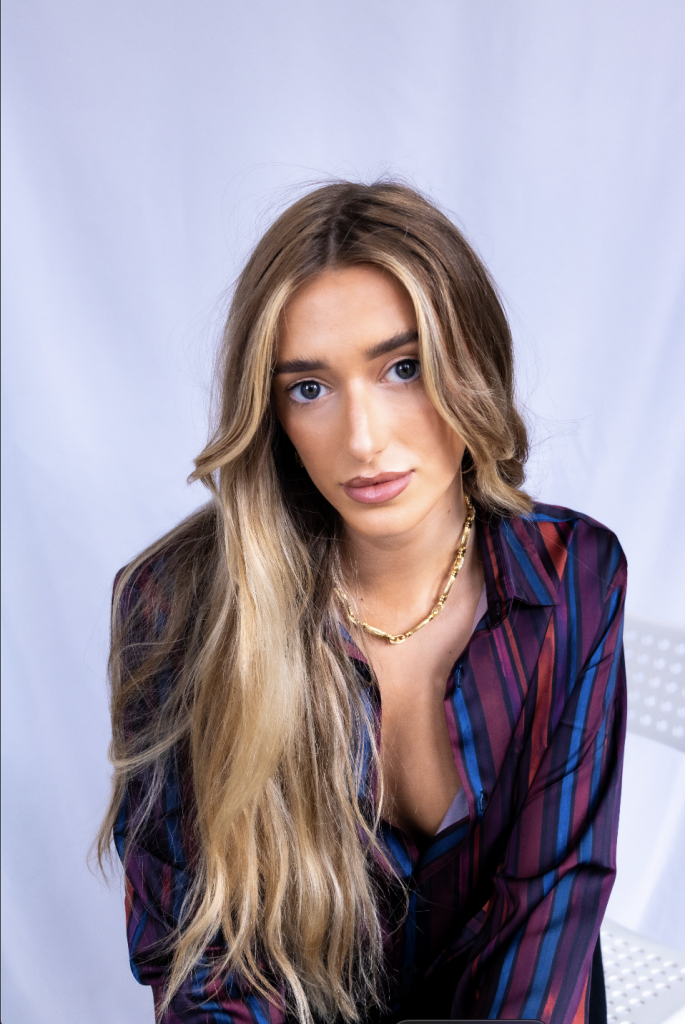Reach for the STAR
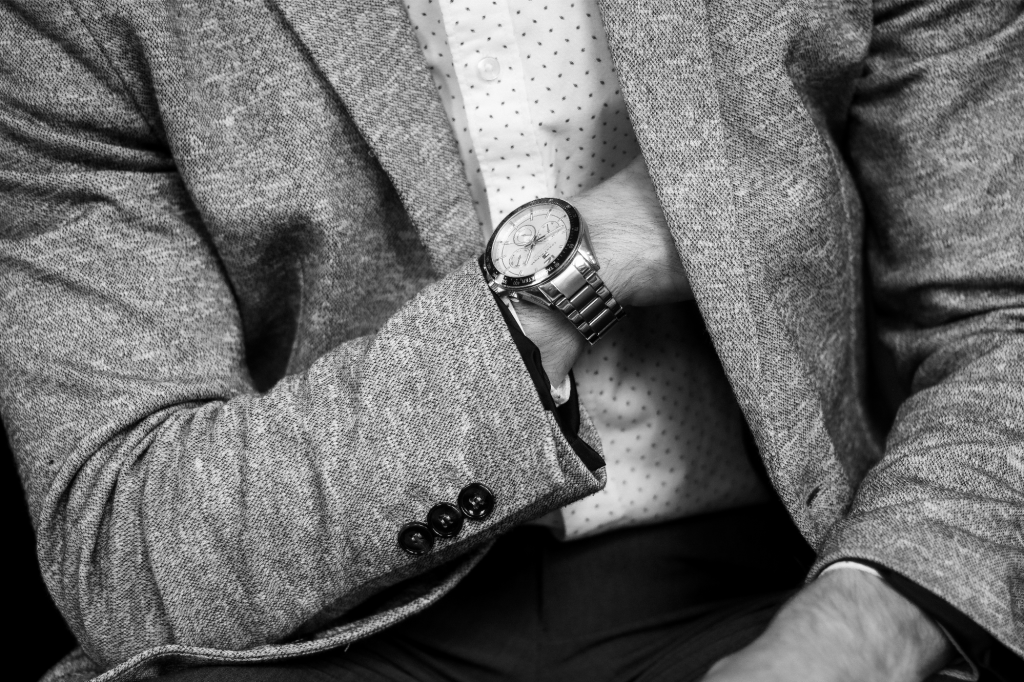
How do you feel about interviews? Nervous? Brimming with adrenaline? Are you the sort who brings in 60 notecards, or the person who swaggers in with ease? For me, treating interviews like a conversation relaxes and calms me. But how does one find the balance of being conscientious and confident? Why are interviews so important? Well, employers value candidates with a degree, however, but 52% off employers find it difficult to find graduates who are truly qualified for the job which is heavily assessed during the interview process (Chronicle of Higher Education and Marketplace, 2013).
In my work-based learning module, we carried out simulated interviews. We were in groups of four in which three students would act as the employer while one student was the interviewee. We had all found live job descriptions which we were applying for in the interview role play. I chose to apply for the role of a fashion photographer at one of the fastest online growing retailers: ASOS. I will be using Gibbs model of reflection to analyse and evaluate the learning outcomes and relevant skills gained from this experience.
Interview preparation
In applying the first mode of Gibbs cycle I will recall what happened. Our lecture stressed the importance of preparation for the day of the interview. We had a list of potential questions to be asked, therefore, the afternoon prior to the interviews I thoroughly answered and reviewed the questions ensuring that I had detailed and rich answers. This proved to be immensely beneficial as considering various questions enabled me to have concise answers to questions I had prepared for. In this time of preparation I realised that you should not only give an effective answer, but an answer which reveals your skills and competency which aligns with the requirements of the job you’re applying for. So, in my practice answers I aligned the job requirement description with my own answers and also researched about the company to understand their desires for potential employees and stand out.



An important element of interviews is appearance. In our lecture, Emma emphasised that professional appearance is imperative. Huffcut, Iddekinge and Roth express that nonverbal behaviour such as dress code, facial expressions and posture are as important as verbal behaviour throughout the interview. (354). I decided the day prior to choose what I would wear; I also understood that in applying for a role as a fashion photographer a presentation was important to demonstrate an interest and understanding of the job.
Interview Day
The day of the interview came and I felt comfortable and prepared. I had prepared answers for the questions, I had decided what I would wear, I researched about the job at hand, I had the technical knowledge and the experience that all suited the job. Now, I just had to put that preparation into practice.
The three girls who went prior to my interview were competent candidates and evoked pleasant personalities. I felt grateful to watch and learn from them and learn more about their chosen professions which were all different from mine. I learned a lot from watching them; Hebe was enthusiastic and knowledgeable, Katie was caring and experienced and Rachel was gentle and highly skilled. Then, it was my turn. I learned from and admired these strengths. On the other hand, I also picked up on any notable weaknesses: insecure body language, a lack of eye contact or lack of confidence.
It was my turn to be interviewed; I greeted them politely, smiled and sat down. Any little nerves I may have had calmed down as soon as I sat down. Any little nerves I may have had calmed down as soon as I sat down. Hebe, one of the interviewers complimented my appearance which affirmed that I had made a smart styling decision appropriate for the interview. The girls all had a respectful and relaxing countenance which served to enhance my comfort and enjoyment of the interview.
Evaluation
Using Gibbs mode of reflection I will evaluate the experience. The act of a written self-evaluation is cited to be one of the most effective methods of maintaining the training and experience learned in mock interviews as the reflection helps students to highlight strengths and weaknesses in order to decipher how they may improve (Stocco 500). Throughout the interview, I felt composed and confident. I ensured I sat up straight and spoke clearly. Due to doing research about ASOS prior to the company, I ensured I included my knowledge to demonstrate that it was not only the job I was applying for, but also was interested in the job itself. One element of the job description was the ability to shoot stylish, sexy images that complement the model well. I personally had experience shooting with a Belfast stylist, Melanie Baird, who has worked at Milan Fashion week, with Netflix, London Fashion week and ITV as a stylist. Melanie requested this style of shoot and therefore I could speak about of this experience in my interview. I met Melanie while working as a featured extra for on Netflix’s upcoming film School for Good and Evil for five months. Therefore, in that environment being surrounded by stylists, wearing extravagant costumes and getting hair and makeup done at 5am every day taught me extensively about the intricacies and effort of the fashion industry – essential knowledge for the job.



Due to the interview being photography oriented I expected them to predominantly focus that subject, however, when they asked about skills outside photography I was able to detail my role as President of iLive Leadership society at Queens in 2020/21 in which strengthened my leadership, teamwork and organisation skills. The outcome of the interview was affirmed through the feedback of my peers. They commended me for my passion, confidence, job competency and company knowledge.
However, there were also areas in which I did notice I could definitely have improved. When answering a couple of the questions sometimes I struggled to deviate from the subject of photography as I felt I had to focus on that and found myself repeating some skills; this was also noted in the feedback by my peers. However, upon noticing this shortcoming towards the end of the interview I began to draw on alternative experiences to bring more variety to my answers and breadth of experience.
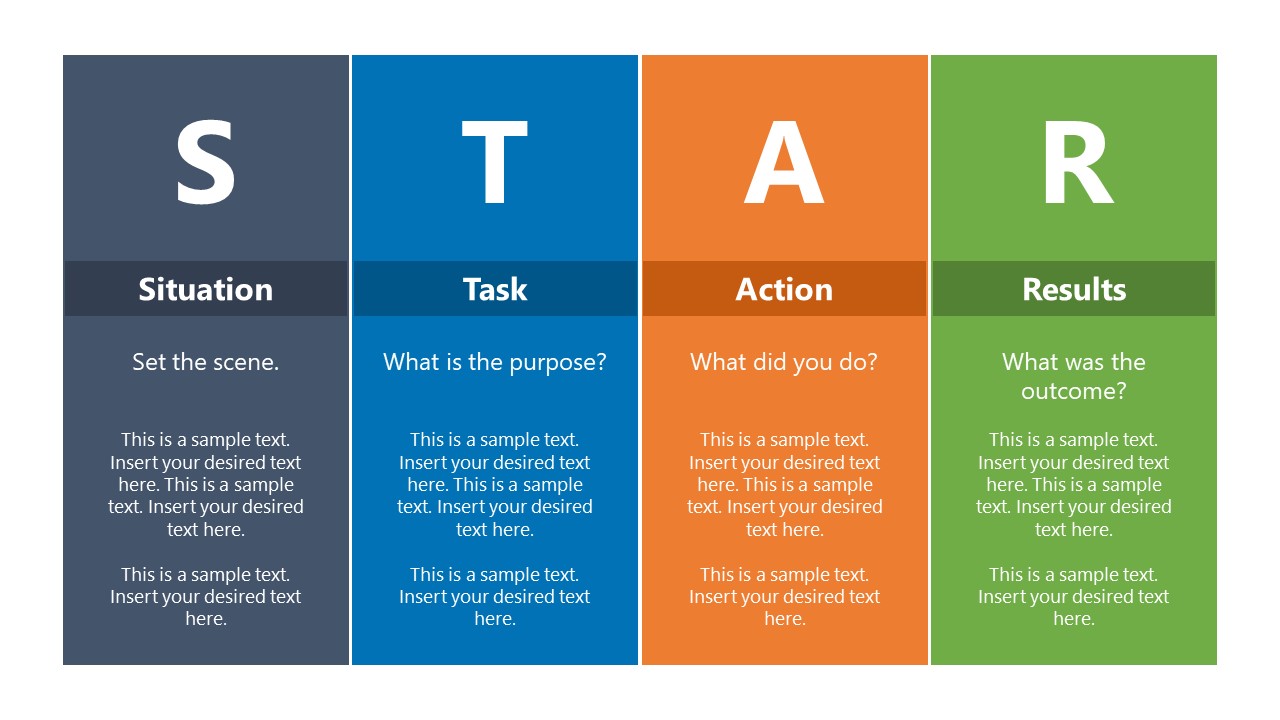
Using Gibbs model I will analyse the day and conclude. Upon analysing the event, I felt that there were some things I could have implemented in order to improve. For example, in our lecture Emma introduced us to the STAR technique to ensure that you may have effective, concise answers when answers questions. I think that in future I could review this technique and practice prior to the interview to stay focused and avoid repeating similar skills to give me a greater breakthrough in the interview. Furthermore, I also felt that one thing I could have done in order to make me stand out from other candidates is bring a portfolio of my work to the interview. This decision would convey great initiative and draw the employer to my skills as they would be able to see not only me speaking of the experiences but the evidence of their success. Despite having being to so many interviews with positive experiences, this interview skills experience taught me a lot about the intricacies of how you can improve your presentation of yourself verbally and non verbally in an interview and to consider how you can make yourself really stand out as a desirable employee. The National Association of Colleges and Employers noted that 79% of graduates expressed mock interviews to be the most valuable learning experience in careers related assistance (2014). Therefore, I felt that this experience was extremely beneficial to help students accelerate their competence and individual in interviews for future opportunities.
Bibliography
Abel, J. R., Deitz, R., & Su, Y. (2014). Are recent college graduates finding good jobs? Current Issues in Eco- nomics and Finance, 20(1), 1–8. Retrieved from http://www.newyorkfed.org/research/current_issues/ ci20-1.pdf
Chronicle of Higher Education and Marketplace (2013). Survey of employers who hire recent college graduates with bachelor’s degrees. Retrieved from http:// chronicle.com/items/biz/pdf/Employers%20Survey% 20-Annotated%20Instrument.pdf. Accessed 15th February 2022.
Huffcutt, Allen I., Chad H. Van Iddekinge, and Philip L. Roth. “Understanding applicant behavior in employment interviews: A theoretical model of interviewee performance.” Human Resource Management Review 21.4 (2011): 353-367.
National Association of Colleges and Employers (2014).ACE 2013–2014 career services benchmark survey for colleges and universities. Retrieved from https://www. naceweb.org/surveys/career-services.aspx. Accessed 12th February 2022.
Stocco, Corey S., et al. “Improving the interview skills of college students using behavioral skills training.” Journal of Applied Behavior Analysis 50.3 (2017): 495-510.
The Interview and the Introvert
You May Also Like
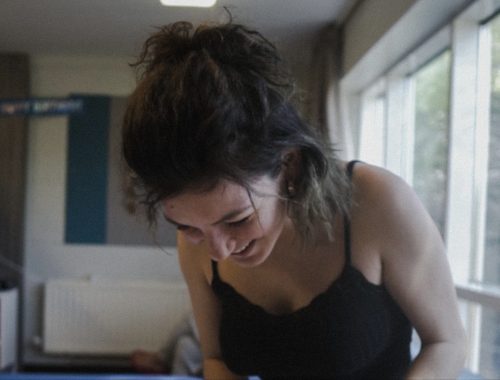
Surprisingly Worthwhile
18 February 2022
9 February 2022
